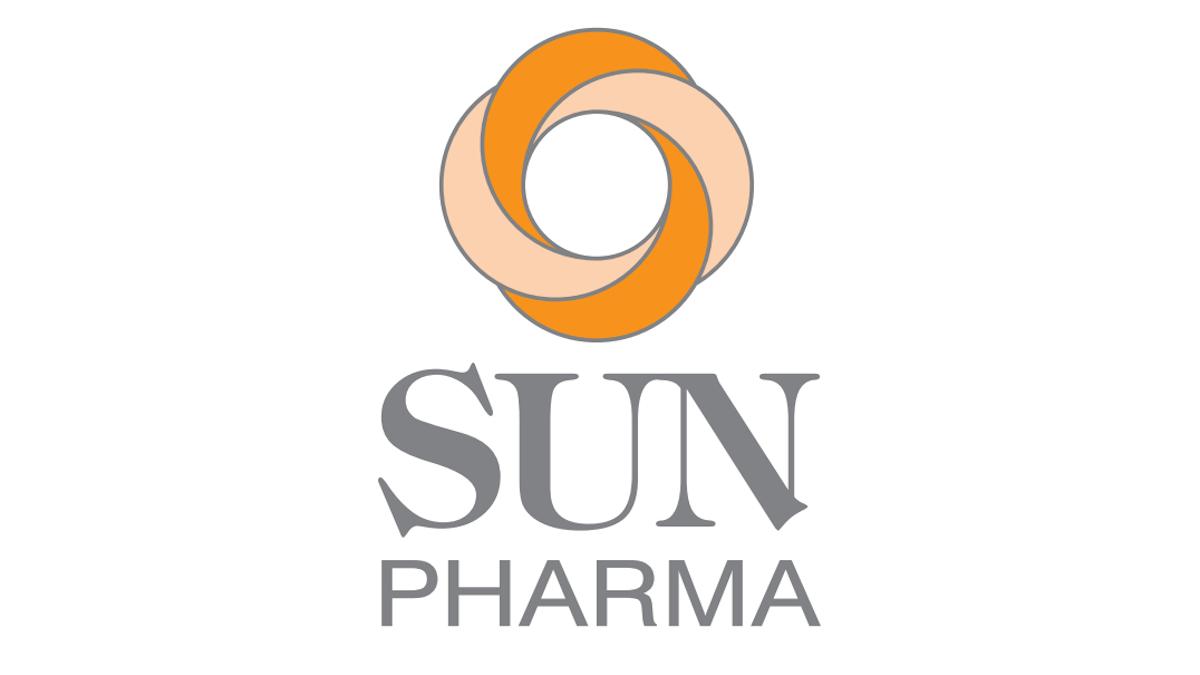EU steps closer to generics and biosimilars manufacturing waiver

A change to European rules on drug manufacturing that could benefit makers of generics and biosimilars is edging closer, after lawmakers agreed draft legislation that tweaks rules on export and manufacture of drugs that are off-patent outside the EU. The draft of the so-called supplementary protection certificate (SPC) waiver legislation has been agreed at a committee earlier this month, and would allow generics and biosimilars firms to make and store the drugs in Europe for export to countries where patent protection has expired. The SPC waiver only applies for the final six months of the protected period and is designed to ensure branded products are not challenged in Europe while their patents are still valid. The proposal would also allow for the stockpiling of generics and biosimilars intended for the EU market during those six months to promote faster market entry. Products manufactured under an SPC waiver for export will be required to be labelled as for export only. Now that the draft has been agreed it will be passed on to the European Council and Parliament for formal adoption. For years European generics and biosimilars firms, represented by Medicines for Europe, have been calling for the waiver. They argue that existing restrictions put biosimilar and generics companies with manufacturing operations in the EU at a disadvantage, compared with those based outside Europe. Medicines for Europe said earlier this month in a statement that it applauded the European Council, Parliament, and Commission for reaching a compromise deal on technicalities that allowed the amendment to be adopted at committee. However, Medicines for Europe said it regretted that the SPC waiver contains requirements to notify regulators in the member state where manufacturing takes place, and the relevant branded drug manufacturer, three months before production begins. However, the European Federation of Pharmaceutical Industries and Associations, representing branded pharma, is strongly opposed to the changes. EFPIA’s director general, Nathalie Moll, said: “Stockpiling without adequate safeguards risks the further erosion of IP rights beyond the waiver itself, sending the wrong signal to global investors and innovators. The need for adequate safeguards should be of paramount importance to anyone that believes in medical innovation in Europe”. Read more about this topic in Accord Healthcare’s Spotlight on The Future Of Generics













